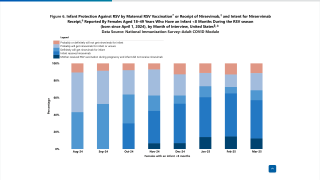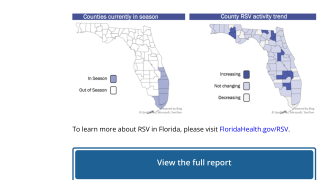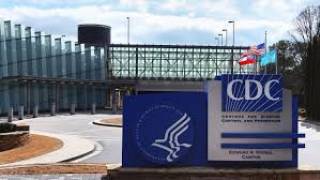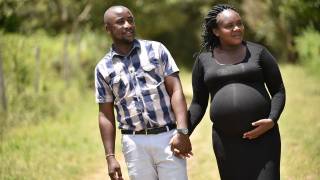Infants Have Another RSV Prevention Option

Over the past few years, infants have gained access to immunization products that prevent Respiratory syncytial virus (RSV) infections, including maternal vaccines and next-generation monoclonal antibody passive immunization.
During the 2024-2025 RSV season, these products have been well-received, as RSV infections can lead to serious respiratory conditions in children, such as bronchiolitis and pneumonia.
Most infants (68%) become infected with RSV in the first year of life, and nearly all (97%) by the age of 2 years.
Based on the favorable vote of the U.S. Centers for Disease Control and Prevention (CDC)'s vaccine committee on June 26, 2025, a second passive antibody therapy may soon become an option for infants.
This Advisory Committee on Immunization Practices (ACIP) voted to recommend ENFLONSIA™ as an option for the prevention of RSV disease in infants.
This Advisory Committee on Immunization Practices (ACIP) recommendation follows the recent U.S. FDA approval of ENFLONSIA.
"Today's (ACIP) vote to recommend ENFLONSIA for all infants younger than 8 months who are born during or entering their first RSV season recognizes the importance of having multiple preventive options available to help reduce the significant burden of RSV disease," Dr. Richard M. Haupt, vice president, head of global medical & scientific affairs, vaccines and infectious diseases, Merck Research Laboratories, informed Vax-Before-Travel on June 27, 2025.
"We look forward to making ENFLONSIA available for ordering by physicians and health care administrators in the U.S. in July of this year and delivering shipments before the start of the 2025-2026 RSV season in the U.S."
The ACIP is a federal advisory committee that develops recommendations on the use of vaccines in the civilian population of the United States. Once approved by the CDC's Director, recommendations become part of the childhood immunization schedules.
From a payment perspective, the ACIP voted to include ENFLONSIA in the Vaccines for Children (VFC) Program.
The ACIP/CDC reported a reasonable and efficient allocation of resources, with an estimated average cost of $458 per dose ($365 for VFC and $560 for other) on average.
Our Trust Standards: Medical Advisory Committee
























